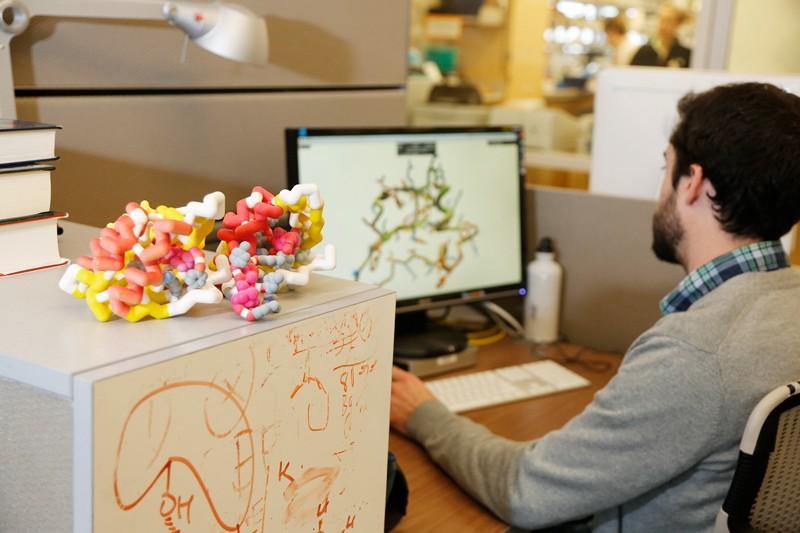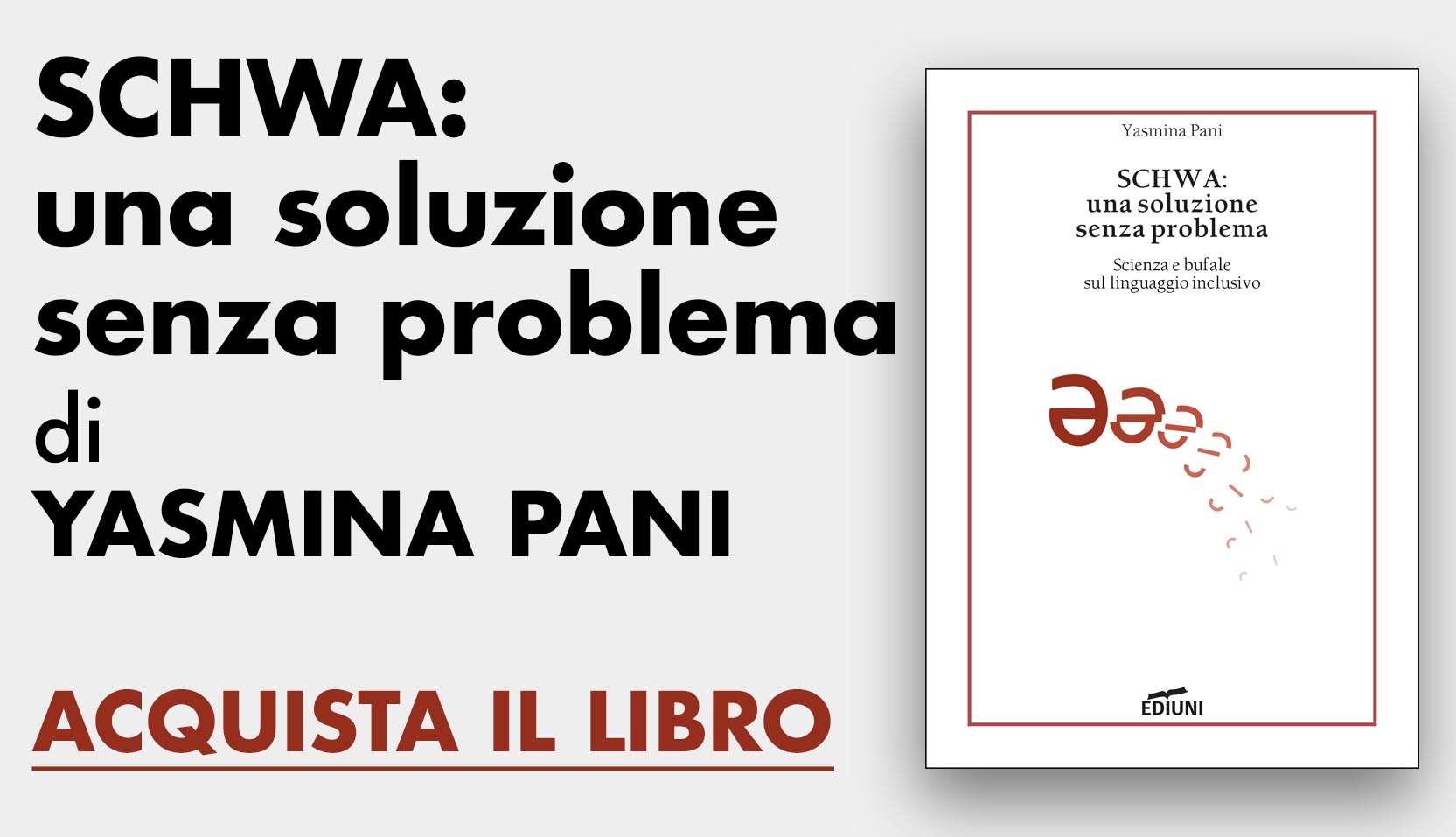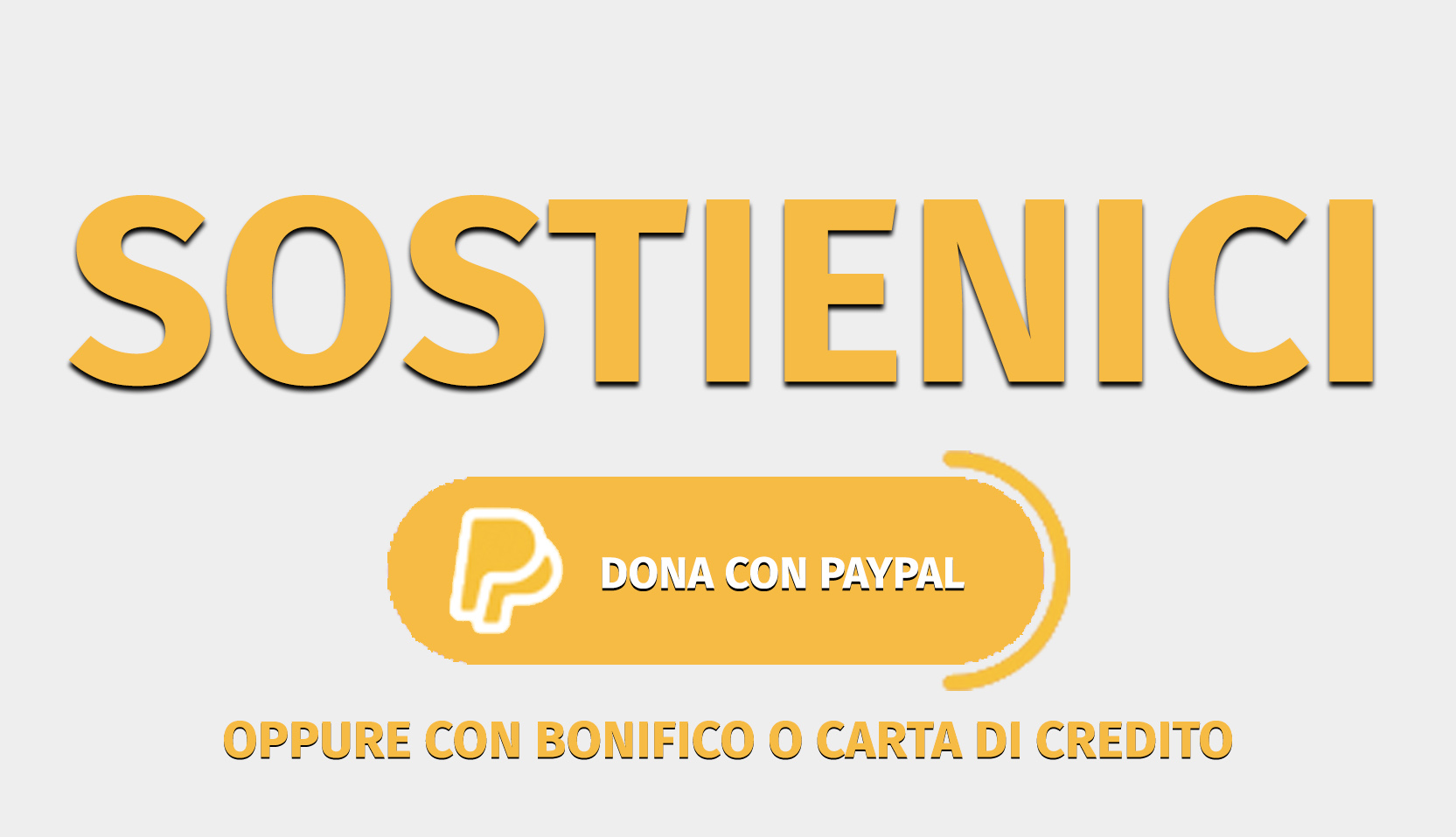THE CHALLENGE OF DISTILLING EFFECTIVE AND APPROPRIATE TARGETS FOR ENHANCING INNOVATION IN ECONOMY, SOCIETY AND SCIENCE EDUCATION IN EUROPE.
Focus on avoidance of the risk of wasting resources by funding and supporting misleading digital approaches. EMA Workshop - Brussels, November 6th 2020, by Guglielmo Trovato and Matteo Russo

Healthcare facilities, industry and research already make use of computational approaches and bioinformatics professionals worldwide. Nowadays the challenge is to provide European workforces with digital and computational skills that are competitive with those available in other parts of the world, namely in US and in China.
A widespread hostility towards conventional and western medicine, variously cloaked in assertions and fake news, has become an alibi to replace professional activities in fictitious medical sciences, variously labeled as alternative, or unconventional. The strategy is replacing and even trying to discredit medical practices based on research and study evidence and on verified professional skills. This explains the invasion of professionals who define themselves suitable for health care, but who do not come from any professional, academic and ethical itinerary, nor from a visible pertinent teaching trajectory, such as biologists or nutritional agronomists are. The risks of this usurpation of professional qualification are many, both for users and for those who qualify as such with misleading definitions of their skills, doing it only for marketing and business purposes. There is a universal appeal and call for enhancing certain and reliable information and methods in any field, but, particularly, in health care and medical research. The diffusion of an effective literacy and of robust expertise in computational life and medical sciences, namely in bioinformatics and computational biostatistics, is one of the most unmet need in European Academic teaching. Its value is even greater in industries, any organization committed for health or biological-pharmacological services and in Public health. Digital knowledge and skills should integrate, flank and overlap practical skills, clinical reasoning as well as actions. On the other hand, digital and in silico approaches must not counteract any of the direct and evidence-based clinical best-practices, developing the naïve or ambitious aims and claims of being advancements or substitutes of the actual contact, not only relationship, between patients and health professionals. This is a relevant concern of patients and medical doctors. The wider use of digital technologies is contributing to the efficiency of healthcare delivery also in limited resources subsets. Actually, affordable and reliable information and communication are a valuable help for addressing the medical problems and challenges faced by people in health and disease, in public health and in the base of primary care, i.e. family and community medicine. Hardware and software solutions and services, including telemedicine, web-based analysis, email, mobile phones and applications, text messages, wearable devices, and clinic or remote monitoring sensors concur to the development of interconnected health systems. The use of computational technologies, smart devices, computational analysis techniques, and communication media to aid healthcare professionals and their clients contribute to the management of illnesses and health risks, as well as they promote health and wellbeing being facets of this multi-disciplinary scenario. As we may be aware of, the rise of AI driven technologies in healthcare has really been tremendous over the past few years. In particular, not only will these devices as well as the technological ensemble hereby presented be a way to gather data for a more refined and truly powerful predictive personalized medicine, but AI, more in general, will allow (and is already allowing) to build intelligent systems that are robust and resilient to fake and targeted attempts to denigrate experimental medicine credit in the contemporary scientific world. The involvement and commitment of different stakeholders, including clinicians, researchers and scientists, engineers, industry and policy makers addressing public health, health economics and data management choices are the vital components of this process. Also gender and racial inequalities, including domestic violence, are topics under active development by digital health strategies.
The operational challenge is now to strive for encouraging, supporting and maintaining the quality of high-level scientific training and to discourage and neutralize anti-scientific approaches or methods that are distant from evidence-based medicine. This implies the management of funding policy and strategies with the awareness, recognition of competence, ethical and deontological rigor and extreme transparency of intent and means. Focus on avoidance of the risk of wasting resources by funding and supporting amateur approaches to research or, worse, to medicine, must be as much as possible accurate and responsible.
The link between bioinformatics and AI is great: https://www.nature.com/articles/d41586-020-03348-4 . It will change everything: Deep Mind’s artificial intelligence (AI) makes gigantic leap in solving protein structures. Google’s deep-learning program for determining the 3D shapes of proteins stands to transform biology.
Visit, if interested, https://www.bios-project.eu/site/ and enroll for free in the Erasmus-Plus funded course in Computational Skills for Health Professionals https://mooc.bios-project.eu/courses/course-v1:Bios+BioS1+2019/about
Devi accedere per poter commentare.


